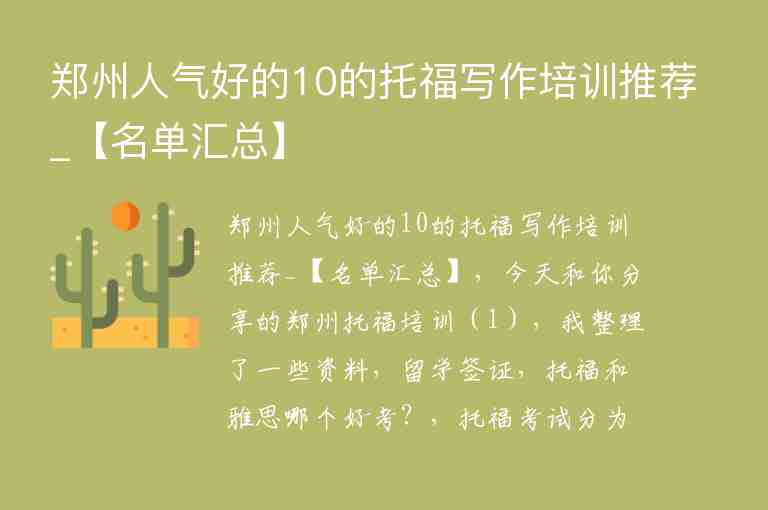back是一个常用的英语单词,作为名词时,意思是“背部;后面;背面”,作为动词时,意思是“后退;支持;回复”。在这篇文章中,我们将会介绍back的具体含义及用法,并通过例句来帮助读者更好地理解这个单词。
怎么读(音标):
back的音标为/bæk/。
用法:
1. 作为名词时,back表示“背部;后面;背面”,:
- He has a tattoo on his back. (他的背上有一个纹身。)
- The back of the book is blank. (书的背面是空白的。)
- I'll sit at the back of the classroom. (我会坐在教室的后排。)
2. 作为动词时,back可以表示“后退;支持;回复”,:
- She backed away from the edge of the cliff. (她从悬崖边缘退了回来。)
- The company backed his idea and invested a large sum of money in it. (公司支持他的想法,并投入了大量资金。)
- I'll back you up if you need my help. (如果你需要我的帮助,我会支持你。)
3. 另外,back还可以表示“向后移动”、“倒退”、“回到过去”等含义,在不同的语境中有着不同的用法。
例句1-5句且中英对照:
1. He turned his back on his family and moved to another country to start a new life. (他背弃了家人,搬到另一个开始新的生活。)
2. Don't worry, I've got your back. (别担心,我会支持你的。)
3. The car backed into a tree and damaged the rear bumper. (汽车倒退撞到一棵树,后保险杠受损。)
4. She's always looking back at her past mistakes and regrets. (她总是回顾过去的错误和遗憾。)
5. The company decided to back out of the deal due to financial concerns. (由于财务问题,公司决定退出这笔交易。)
同义词及用法:
1. support:作为动词时,表示“支持;赞成”,与back的用法类似。
2. reverse:作为动词时,表示“倒退;使逆转”,与back的用法类似。
3. posterior:作为名词时,意为“后面;后部”,与back的含义相近。
4. endorse:作为动词时,表示“支持;认可”,也可以用来替换back中表示“赞成”的含义。
编辑总结:
在日常生活中,back是一个非常常用的单词,在不同的语境中有着不同的含义和用法。除了上述提到的基本含义外,back还可以表示“背面的;后方的”、“回复;答复”等含义。希望通过本文的介绍,读者能够更加深入地了解back这个单词,并能够在日常交流中灵活运用。

